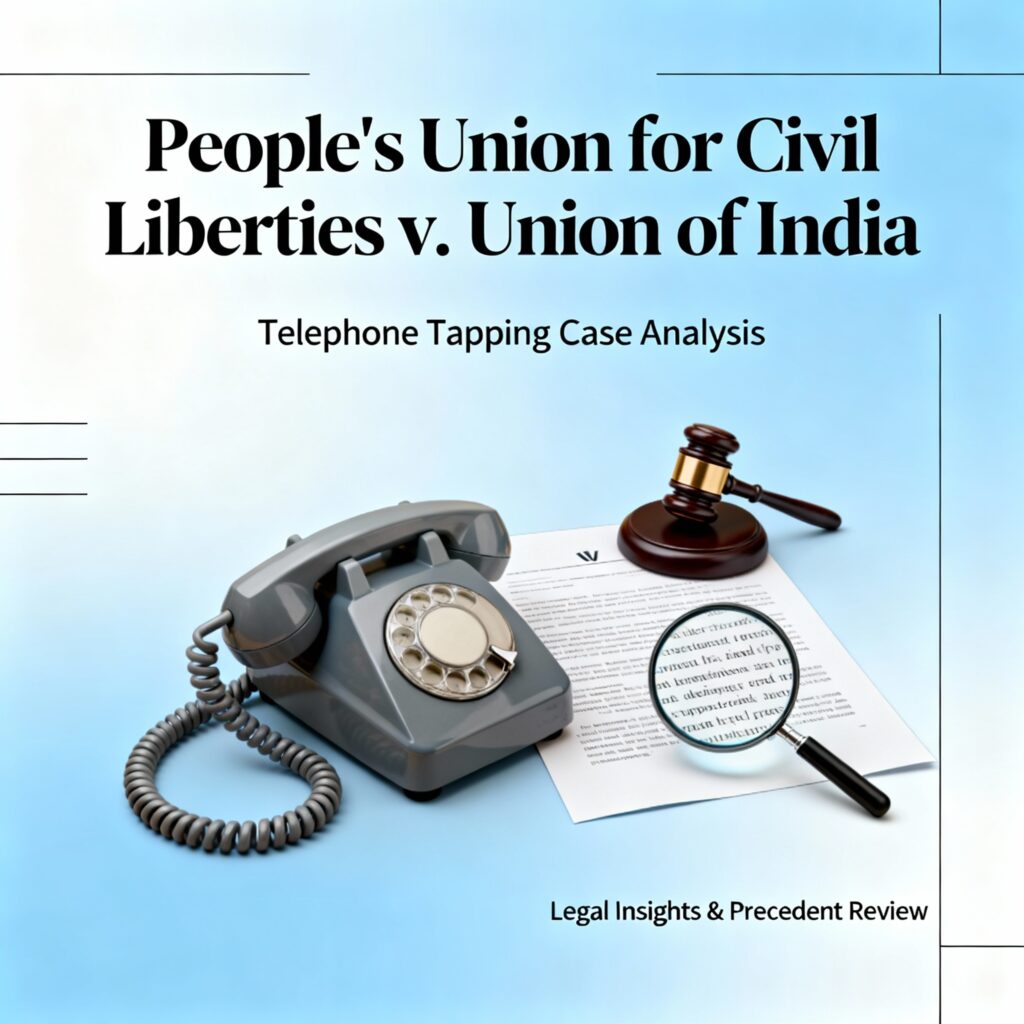Published On: 1 October, 2023
Authored By: Mansi Singh Asian Law College, Noida
How to lodge an FIR in India?
WHAT IS FIR AND COMPLAINT?
FIR stands for First Information Report. It’s a legal document filed by the police when they receive information about the commission of a cognizable offense, which is an offense for which a police officer can arrest without a warrant. An FIR includes details like the date, time, place of the offense, the names of the victims and witnesses, and a description of the incident. It serves as the foundation for the police investigation and subsequent legal proceedings. Filing an FIR is crucial as it officially initiates the investigation process, enabling law enforcement to gather evidence and identify potential suspects.
A complaint, on the other hand, is a formal statement made by an individual to bring attention to a perceived wrongdoing or violation of rights. It can be filed with various authorities, such as the police, regulatory agencies, or courts, depending on the nature of the complaint. Unlike an FIR, a complaint doesn’t necessarily have to relate to a criminal offense; it can encompass a wide range of grievances, from consumer complaints to civil disputes. Complaints often initiate administrative or legal actions, urging relevant authorities to investigate, mediate, or address the issues raised by the complainant. The process following a complaint may vary based on the jurisdiction and the specific laws governing the matter.
WHO CAN LODGE A FIR?
A First Information Report (FIR) can typically be lodged by the victim, a witness to the crime, or anyone who has knowledge of the offense. In some cases, police officers can also initiate an FIR based on their own knowledge or investigation. The person lodging the FIR provides details about the incident, such as date, time, location, and the nature of the offense. This report initiates the criminal justice process and serves as a basis for further investigation. It’s important to provide accurate and relevant information while lodging an FIR to ensure a proper legal process.
WHAT IS THE NEED OF FILING AND FIR?
Filing a First Information Report (FIR) is crucial as it initiates the legal process when a crime is committed. It serves as an official record of the incident, helping law enforcement start investigations promptly. FIRs establish the basis for subsequent actions, such as arrests, evidence collection, and court proceedings. This document ensures transparency, accountability, and protection for victims and witnesses. It aids in preserving evidence and maintaining a chronological account of events, which is vital for the justice system to operate effectively.
PROCEDURE OF LODGING AN FIR:
Lodging a First Information Report (FIR) in India is a crucial step to initiate the legal process in cases involving criminal offenses. The process involves several steps, starting from the moment a person decides to report a crime to the police. Here’s a comprehensive overview of how to lodge an FIR in India:
•Identification of Crime: When a person becomes aware of a criminal offense, they should immediately approach the nearest police station or contact the police through the emergency helpline (such as 100) to report the incident.
•Visit the Police Station: The person should visit the police station having jurisdiction over the area where the crime occurred. If the incident falls under multiple jurisdictions, the police station where the crime began will have primary jurisdiction.
•Approach the Duty Officer: Once at the police station, the person should approach the duty officer or the officer-in-charge. It’s important to provide accurate and detailed information about the incident, including the date, time, location, and nature of the crime.
•Narration of Incident: The person will need to provide a detailed statement describing the incident. This statement should include names of individuals involved, witnesses, if any, and any evidence that can help establish the case.
•Registration of FIR: The police officer will record the information in a formal document known as the First Information Report (FIR). The FIR serves as the foundation for the investigation. The person lodging the FIR should carefully review the content to ensure accuracy.
•Receipt of Copy: The person lodging the FIR is entitled to receive a copy of the FIR document free of cost. This copy can be helpful for future legal proceedings.
•FIR Number: The FIR will be assigned a unique number, which is used for reference throughout the investigation and legal process. This number helps to track the progress of the case.
•Investigation: After the FIR is registered, the police will initiate an investigation. This may involve collecting evidence, interviewing witnesses, and other investigative activities to establish the truth.
•Role of Police: The police are responsible for conducting a fair and impartial investigation. They should not show favouritism towards any party and should adhere to proper legal procedures.
•Updates and Progress: The person lodging the FIR can periodically inquire about the progress of the investigation. The police are required to keep the informant informed about the developments.
•Charge sheet: If the investigation establishes enough evidence against the accused, the police will file a chargesheet detailing the charges and evidence. This is submitted to the court for further proceedings.
•Legal Action: Based on the chargesheet, the court will decide whether to proceed with a trial. Legal action is taken against the accused based on the evidence presented.
•Trial: The trial involves presenting evidence, examining witnesses, and legal arguments from both the prosecution and defence. The court will determine guilt or innocence based on the evidence.
•Verdict: After considering the evidence, the court will deliver its verdict. If the accused is found guilty, appropriate sentencing is carried out.
•Lodging an FIR is a critical step in the criminal justice process in India. It initiates the investigation and sets in motion the legal machinery required to ensure justice. It’s important for individuals to be aware of their rights and responsibilities during this process to ensure a fair and effective outcome.
WHAT CAN WE DO IF A FIR FILING IS DELAYED?
If there’s a delay in filing an FIR (First Information Report), it’s essential to consult legal counsel promptly. Explain the reasons for the delay and provide any evidence that might support your case. The police might assess the validity of the delay and consider the circumstances. While a delay could impact the case’s strength, it’s still possible to file the FIR. It’s crucial to act quickly, gather any available evidence, and cooperate with authorities. Remember that legal procedures and outcomes may vary based on jurisdiction and local laws.
WHAT HAPPENS IF THE POLICE OFFICER DECLINES TO FILE A FIR?
• If a police officer refuses to register a First Information Report (FIR), it can have serious implications for justice and the rule of law. An FIR is a crucial document that marks the beginning of criminal proceedings and sets the tone for the investigation. When an officer refuses to register an FIR, it can raise concerns about accountability, transparency, and the protection of citizens’ rights.
• One of the primary reasons for such refusal might be lack of awareness or misunderstanding about the law. Police officers may sometimes mistakenly believe that they have the discretion to reject a complaint. This can stem from inadequate training or misconceptions about the seriousness of the offense. In some cases, officers may also be influenced by personal biases or pressure from influential individuals or groups.
• Another reason for refusal could be a lack of evidence or information provided in the complaint. Police often require certain details to initiate an FIR, such as the nature of the offense, the date, time, and place of occurrence, and the names and contact details of witnesses. If this information is missing or unclear, the officer might be hesitant to proceed with registering the FIR.
• Bureaucratic hurdles and administrative constraints can also contribute to such refusals. Sometimes, officers might demand unnecessary documentation or procedural formalities before registering an FIR, causing delays and discouraging complainants. Additionally, limited resources and heavy workloads can lead to reluctance in taking on new cases, especially if the offense seems minor or if there is already a backlog of cases.
• A lack of trust in the criminal justice system can exacerbate the issue. Many individuals are wary of reporting crimes to the police due to fears of retaliation, harassment, or a lack of confidentiality. Instances of corruption within law enforcement agencies further erode public trust and discourage people from seeking legal recourse.
• Addressing the problem of police officers refusing to register FIRs requires a multi-pronged approach. First and foremost, there is a need for comprehensive training programs that educate officers about the legal obligations and procedures related to FIR registration. These programs should also focus on eliminating biases and promoting a fair and impartial approach.
• Clear guidelines and protocols for FIR registration should be established and widely disseminated. This would help standardize the process and reduce the discretion of individual officers. Additionally, mechanisms for oversight and accountability, such as complaint mechanisms and independent review boards, can provide a means for citizens to challenge refusals and hold officers accountable for their actions.
• Efforts should also be made to enhance public awareness about the importance of FIRs and the rights of complainants. Empowering citizens with knowledge about their legal rights and the steps they can take if an officer refuses to register an FIR can help counteract such instances.
•In conclusion, when a police officer refuses to register an FIR, it highlights underlying issues within the criminal justice system. These issues range from inadequate training and biases to administrative challenges and lack of trust. Addressing this problem requires a comprehensive approach that involves training, guidelines, oversight mechanisms, and public awareness campaigns to ensure that justice is accessible to all.
REFERENCES:
• https://blog.ipleaders.in/fir
•https://web.umang.gov.in/landing/department/up-cop.html
•https://www.legalserviceindia.com/Criminallaws/fir.html




